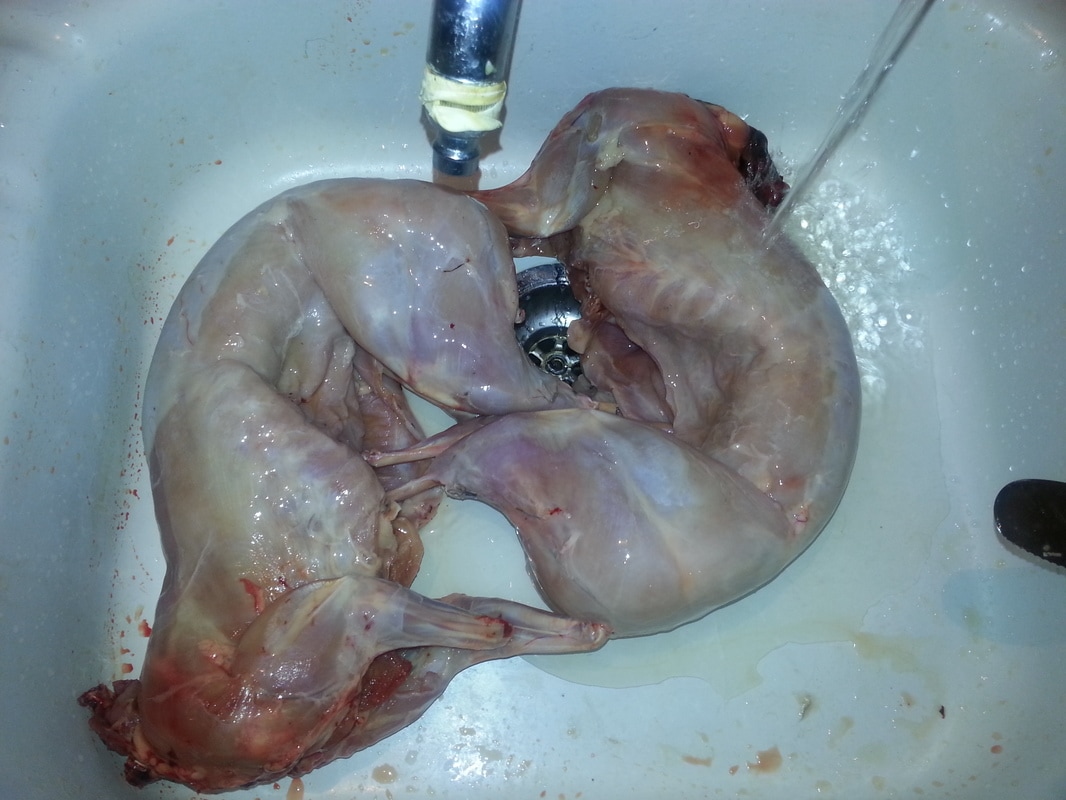Where I live farmers grow a lot of Canola. It is heavily subsidized by some entity out there, so they may actually make money on it in good years. Wheat is another crop that is popular here and does very well. We also have an abundance of deer who love to graze in the wheat fields, especially after harvest, when the grain is spilled on the ground and free feeding is easy. But, therein lies the problem.
Wheat, here, can be sprayed up to 7 times in its growing season. First the ground is sprayed with Glyphosate or Roundup, to kill the weeds . Then the grain, which is treated with fungicides to prevent fusarium and such, and possibly other chemicals, is seeded. After a while, another chemical may be sprayed to control thistles or noxious weeds that might interfere with the wheat production. In a wet year, more fungicide or another herbicide or a pesticide could be used. The pesticides control the bugs that also enjoy eating the wheat. But the worst spray of all is the desiccation spray just prior to harvest. This does not only occur in wheat production, but in many grains, peas, lentils and such. Desiccation means to kill off the living plant leaving the standing dead stalk, which is then easy to harvest. The problem is, that the crop is heavily contaminated with the chemical.
So, what is left in the field is free feed for the wild game. In a wheat field near Bonnyville, just to the northeast of me, there were about 25-30 deer munching a recently harvest field last fall. It was dusk and the deer were crossing the highway, so traffic was crawling along. No one wants to hit a deer. That makes a mess, causes damage and is emotionally distressing to some. The deer had round bellies full of the grain, too.
We now know that glyphosate remains in the grain and legumes. There are really very few areas in North America untouched by the noxious chemical. Even organically grown crops will have traces of glyphosate. New born babies just entering the world for the first time have been found to have markedly high levels of glyphosate as well, especially in some areas. The chemical is linked to a host of modern diseases like autism, panic disorder, thyroid disorder, multiple sclerosis and more. Alberta has one of the highest incidences of multiple sclerosis in the world. But let's get back to the wild game meat.
Depending on where the game was harvested, the animals could have more pesticides, herbicides, fungicides and organophosphates than commercially raised animals. They graze freely on fields just sprayed and harvested. The only game meat that is less affected, possibly truly clean, is in the far north where crops are not grown at all. That sort of land is becoming more and more phased out as man encroaches on every square kilometer in the wild. Fish are also affected. The chemical runoff in the waters contaminates fresh water fish very heavily in what was once clean pristine fishing grounds.
I know that those who need to hear this are not the ones who are going to read it. I did not include any research links, because for every link, there is an opposing link. Scientific America, which is pro GMO posts studies supporting chemical farming and people who want to believe that it is safe, will cite these and many more links. Really, we need to decide what is safe for ourselves. I am offered game from time to time and it may sound ungrateful, but I ask where it was shot and then decide if I want to eat it. I try to buy my hay from areas with little seeded crop and do not feed any grain to the ruminants on my farm. Still there will be marginal traces of chemicals in the meat and in my body. I wish it could be otherwise.
Hopefully hunters will not hunt in their backyards if the animals have free access to open fields of grain conventionally grown. But, those hunters do not get the connection. Sigh.


 RSS Feed
RSS Feed